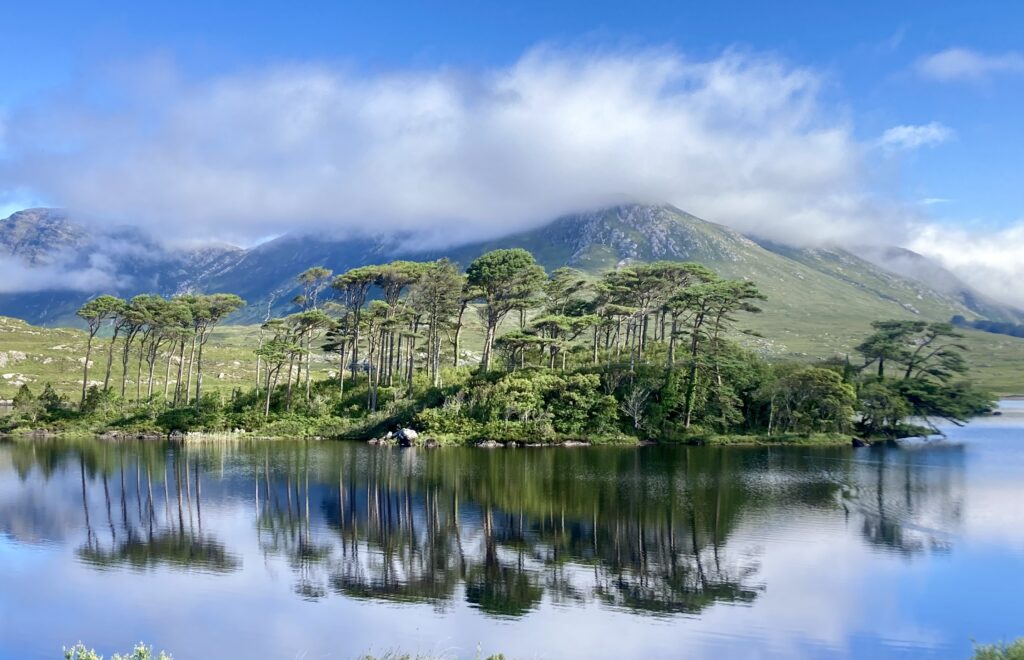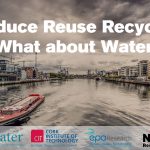Rivers trusts are charities, established by local people to look…
Book: Lakes in Ireland – Mirrors of Change
FREE DIGITAL Book Highlights the Vital Role of Lakes in Ireland
The island of Ireland is home to an extraordinary number of lakes, which serve as both vital ecosystems and significant cultural landmarks. This FREE open access digital book is freely available on the Marine Institute’s Open Access Repository here: Lakes in Ireland – Mirrors of Change. The book brings together leading experts to present an in-depth exploration of Ireland’s lakes, their history, geography, science and the growing threats they face. By equipping communities and policymakers alike with knowledge, the authors hope to inspire action that will safeguard Ireland’s lakes for future generations.

The authors caution that not all is well. While Ireland has been spared the severe droughts and floods afflicting lakes elsewhere in Europe, issues like nutrient over-enrichment, or eutrophication, pose significant threats. Algal blooms, such as the 2023 crisis on Lough Neagh, highlight the dangers of pollution and the urgent need for action. The book also addresses broader environmental concerns, including climate change, invasive species, and hydrological alterations.
Chapters emphasise the need for a coordinated, multi-agency approach to lake management. The authors advocate for better regulation, inter-departmental collaboration, and more robust community involvement in the stewardship of these vital water bodies.

This digital book has been made possible through the collaborative efforts of leading researchers, environmentalists and government agencies and the book sponsors who made this open access publication possible (National Parks and Wildlife Service, Marine Institute, Environment Protection Agency, Mary Immaculate College (University of Limerick), the Geological Survey, Agri-Food and Biosciences Institute, Local Authority Waters Programme, Loughs Agency, An Foram Uisce, National Federation of Group Water Schemes, Coillte and the Irish Freshwater Sciences Association).






